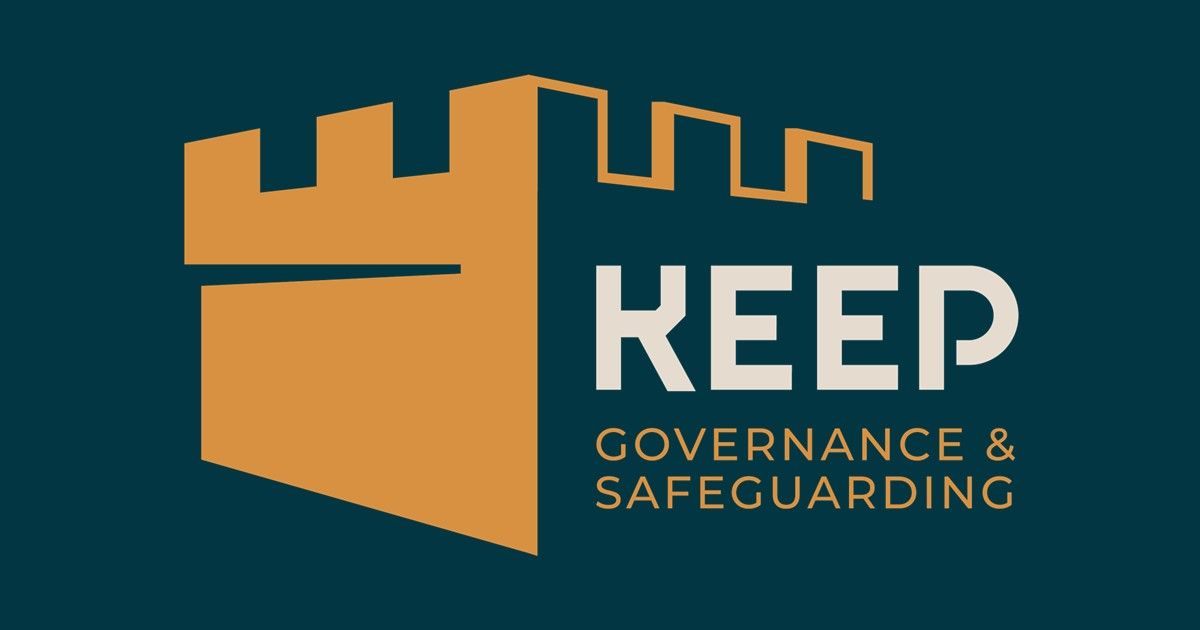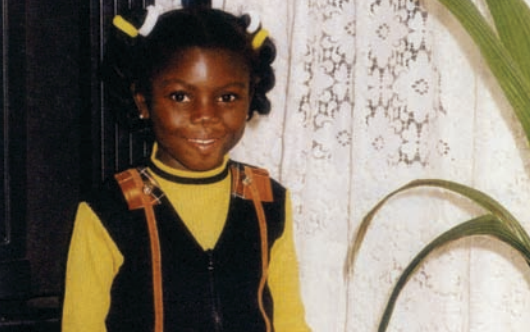It's time to make X our ex!
It's been a long time coming... we even took a break in 2022 after Elon Musk bought Twitter. But its increasingly clear that we’ve both grown apart from each other and we can no longer stay together.
Don’t get me wrong, from a safeguarding and online safety point of view, I cannot say with confidence that X is any worse than any of the other platforms. The only way social media platforms seem to be able to make the business model work is to avoid large workforces and rely on technology to moderate content. The online safety risks from inappropriate content are now well known. They also all seem committed to having some sort of encryption on their messaging services which, while apparently protecting our privacy, creates worrying space for abusers to communicate with each other and share abusive content.
Unfortunately, there doesn’t seem to be a way of doing business in the 21st century without engaging with social media and so, at the moment at least, engaging with the market on these platforms is an uncomfortable necessity for many people working in safeguarding.
However, for Keep Governance and Safeguarding, our relationship with X has moved from uncomfortable to untenable.
Keep Governance and Safeguarding operates to reduce the risk of abuse, neglect and exploitation through supporting strategic leaders and safeguarding managers, driving improvement in organisational safeguarding arrangements and creating ways to empower children and adults at risk. Our work to deliver on this mission is guided by our values in which we commit to always being collaborative, knowledgeable, personable, thorough and respectful.
As recent actions have shown, it doesn’t seem that Elon Musk and X are working to similar values to ours and I feel increasingly uncomfortable using the platform.
Twitter had banned a number of far-right voices but these were lifted by Elon Musk after buying it. If it was just about championing free speech I am not sure I would have had a huge problem with this, but he has himself published provocative, disrespectful and ill-informed posts and commented on, and therefore promoted, some from these previously banned accounts. During the riots which for a week or so erupted in the UK following misinformation spread on social media about the awful murders of children in Stockport in August, Elon Musk shared posts which seem to have little or no basis in the truth. He also made provocative comments on other people’s posts, clearly intended to stoke fires rather than try contributing to a calming of the situation.
In one such example, which he later deleted, Elon Musk shared an image on X which promoted a conspiracy theory about the UK building "detainment camps" on the Falkland Islands for rioters as if it were a headline from the Daily Telegraph.
He is happy to share ill-informed, antagonistic and inaccurate views with over 197 million followers on X, and is at best agnostic about the consequences of these actions or, at worst, deliberately trying to stoke right-wing opinions to undermine otherwise stable democracies.
He has reposted numerous posts which personally attack the leadership in Brazil, a country trying to ban X, demonstrating a huge lack of respect for the legal processes of another country and undermining their leaders with his written attacks. In Australia, where the government are trying to regulate content on social media platforms, their eSafety Commissioner was attacked in posts by Elon Musk which led to her receiving a huge amount of online abuse including death threats.
He is also taking a group of major companies to court for boycotting X… surely it is the right of any company to decide what platforms they use to interact with the market.
For me, the real problem here is the hugely amplified voice of the owner of a platform. With a large amount of money, he has bought himself the ability to speak directly to many people, and his voice unfortunately reflects values which clearly do not align to those of Keep Governance and Safeguarding.
So, we will shortly stop posting our social media updates to X and will be adding Youtube to our suite of socials. I am grateful that as a company in most of our work we have the ability to choose who we work with.


The Shell Store
Canary Drive
Skylon Park
Hereford, HR2 6SR
Find us with what3words: ///slide.shut.courier
KeepSafe Ltd t/a Keep Governance and Safeguarding © 2025
Company No: 09802024
Keep Governance and Safeguarding ® is a registered trademark of KeepSafe Ltd
VAT No: 408 5074 05
View our Privacy Policy here.


